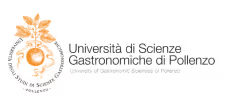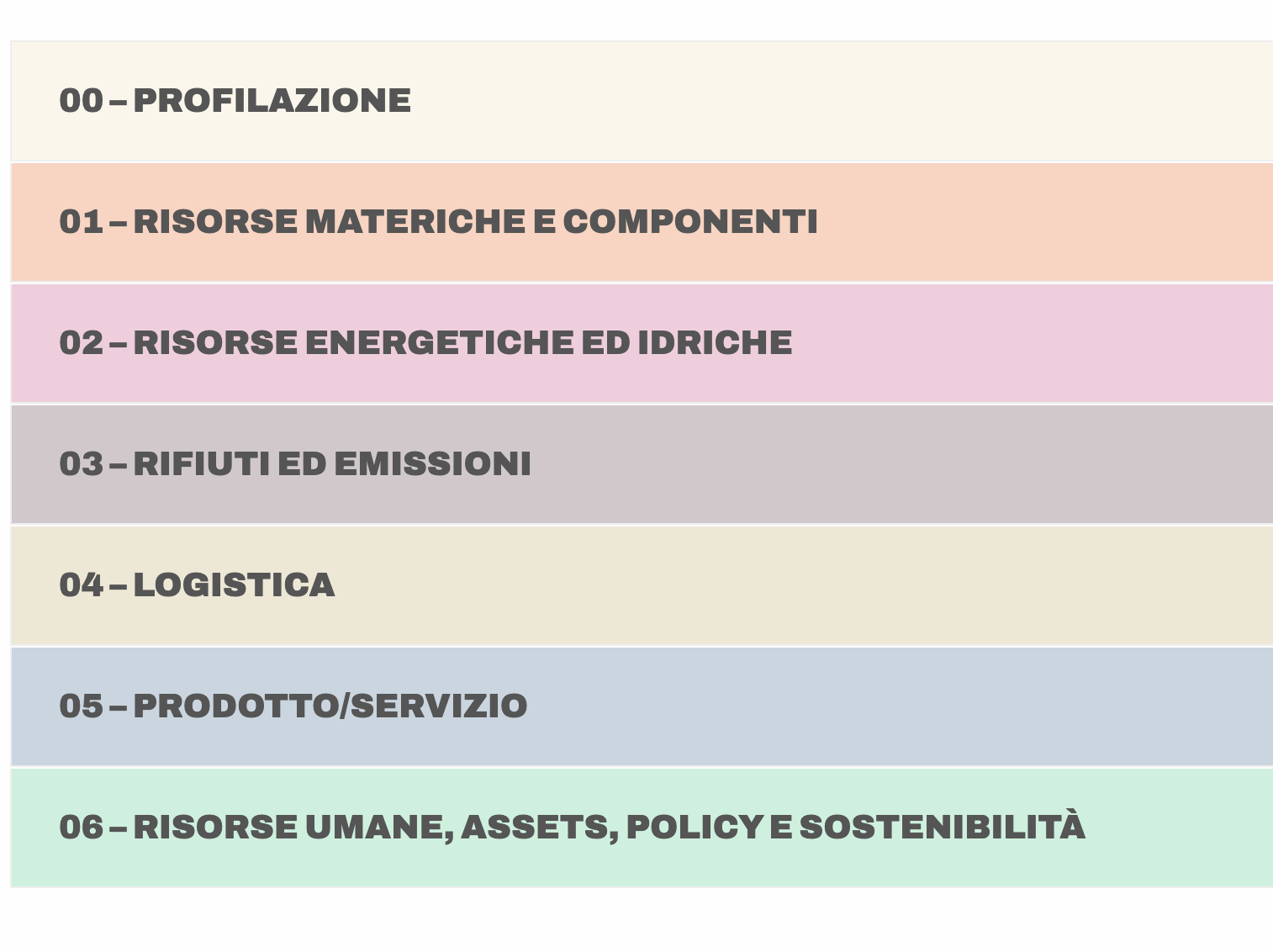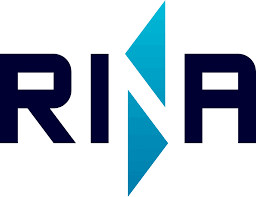“Measuring circularity in the agri-food system is a fundamental step to build awareness, responsibility and action in companies that want to achieve the ecological transition and reduce their negative impact.”
One of the main challenges in the transition to more sustainable agri-food systems is the absence of simple and standardized tools that allow companies, in particular SMEs, to effectively evaluate the use of resources, the management of waste and the environmental, economic and social impact.
In particular, in the wine sector, there is a need for methods consistent with existing regulations, able to guide organizations towards more responsible practices. Added to this is the need to enhance the social dimension and the protection of human rights in production chains.
Finally, interest in circularity regulations is still limited, also due to the complexity of the indicators and the difficulties of applying them to the various sectors.
To meet the needs of companies in the agri-food sector, the Food Circularity Check has been developed: one digital tool, free and easy to use, designed to accompany companies in understanding and strengthening their level of circularity.
Without requiring sensitive data, the questionnaire is aligned with UNI/TS 11820:2022, “Measuring circularity — Methods and guidelines for measuring circular processes in organizations”, developed to accelerate ISO activity on the circular economy.
Explore six key areas of the circular economy, focusing on:
- efficient use of material resources and components
- energy and water resources
- waste and emissions management
- logistics
- product and service
- human resources, assets, policy and sustainability
The questions, organized according to three types of indicators (core, specific and rewarding), guide companies in a structured self-evaluation process. At the end, each company can download a personalized report with infographics and a summary of the results, useful for identifying areas for improvement and defining targeted circular strategies.
The questionnaire was published on 16 May 2025 on the circulareconomyforfood.eu platform.
The tool will initially be promoted to companies in the Italian wine sector, through the network of strategic partners and supporting members of the UNISG Network, and then progressively extend the involvement to the entire agri-food chain. The objective is to collect qualified feedback, draw an updated picture of circularity in the sector and guide training courses and support actions tailored to companies.







.jpg)
